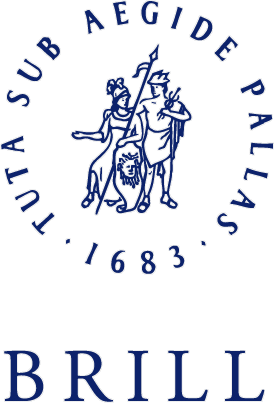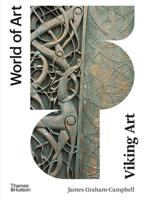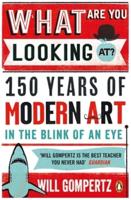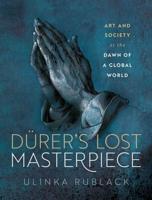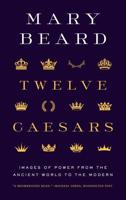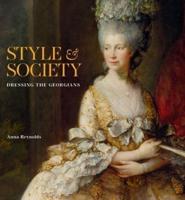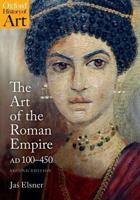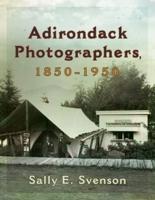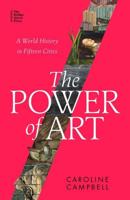Publisher's Synopsis
Traditional narratives hold that the art and architecture of the Iberian Peninsula in the late 15th century were transformed by the arrival of artists, objects, and ideas from northern Europe. The year 1492 has been interpreted as a radical rupture, marking the end of the Islamic presence on the peninsula, the beginning of global encounters, and the intensification of exchange between Iberia and Renaissance Italy.
This volume aims to nuance and challenge this narrative, considering the Spanish and Portuguese worlds in conjunction, and emphasising the multi-directional migrations of both objects and people to and from the peninsula. This long-marginalised region is recast as a 'diffuse artistic centre' in close contact with Europe and the wider world. The chapters interweave several media, geographies, and approaches to create a rich tapestry held together by itinerant artworks, artists and ideas.
Contributors are Lui´s Urbano Afonso, Sylvia Alvares-Correa, Vanessa Henriques Antunes, Piers Baker-Bates, Costanza Beltrami, António Candeias, Ana Cardoso, Maria L. Carvalho, Maria José Francisco, Bart Fransen, Alexandra Lauw, Marta Manso, Eva March, Encarna Montero Tortajada, Elena Paulino, Fernando António Baptista Pereira, Joana Balsa de Pinho, Marìa Sanz Julián, Steven Saverwyns, Marco Silvestri, Maria Vittoria Spissu, Sara Valadas, Céline Ventura Teixeira, Nelleke de Vries, and Armelle Weitz.



